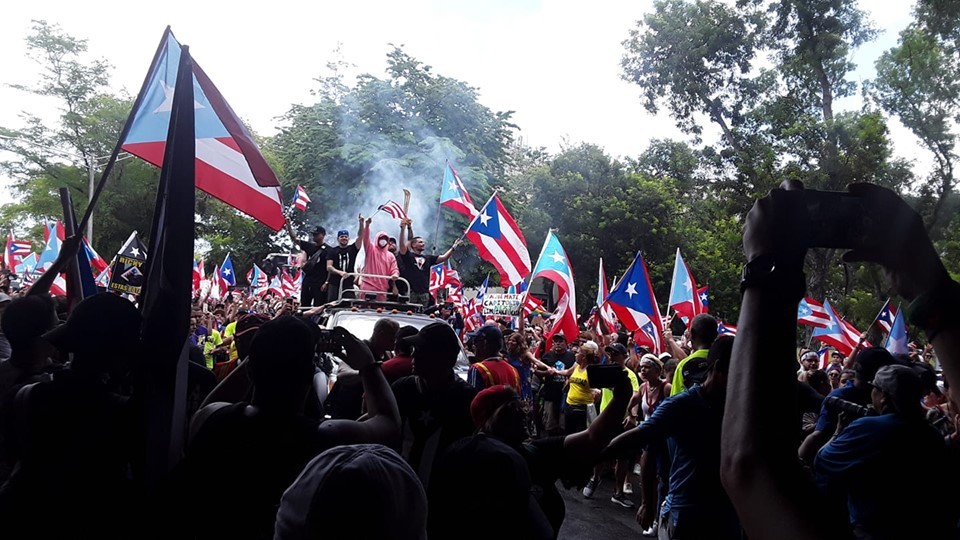
I was in Puerto Rico when the FBI arrested six officials from then-governor Ricardo Rosselló’s government on corruption charges. It was the beginning of a storm. The arrests were followed by the leak of an 889-page chat, which shook the island to its core. For 12 days, roughly one million people—about 30 percent of the population—took to the streets to demand Rosselló’s resignation.
He resigned in defeat, paralyzed by the power of the people. They proclaimed, Somos más, y no tenemos miedo. We are more, and we are not afraid.
This cry of somos más was more than a protest against Rosselló and his party. It was the convergence of un pueblo—a people who stood up against injustice, united by the conviction that there was inherent value in their lives. This transcended political party, religion, economic background, education, sexual orientation, and gender expression; it brought together the children of God. Under the banner of somos más a new movement was born, one that sought to bring the world a new Puerto Rico.




